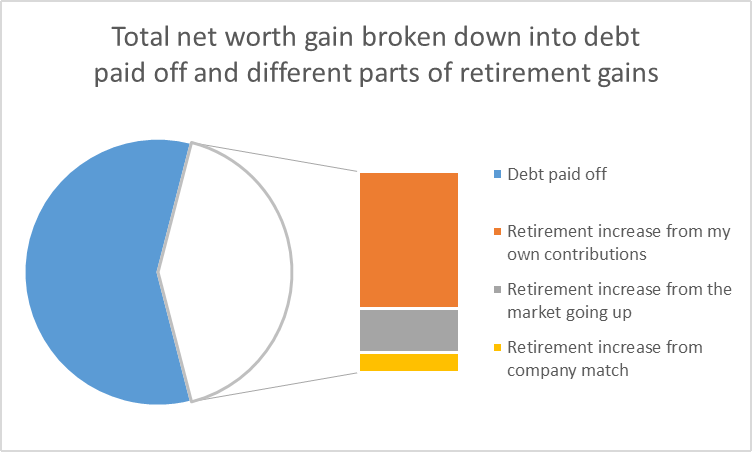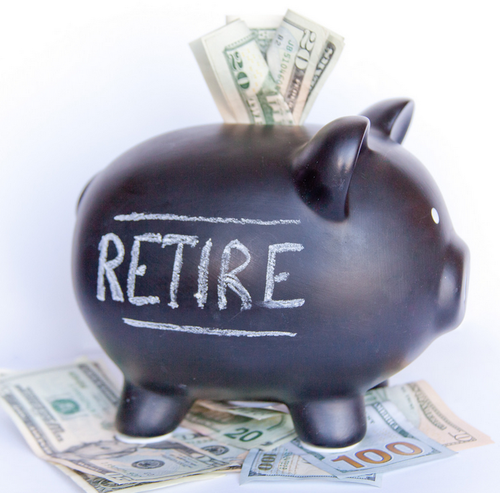Retire Early With Real Estate In My Opinion January 2 2002
Post on: 14 Июнь, 2015 No Comment

This post originally appeared on the Retire Early Home Page discussion board on December 19, 2001.
Most of us are here because we want to retire early or we want to help others retire early. Most of us would agree that it is necessary to control expenses, save, and invest. While do ing these three th ing s helps, it does not guarantee early retirement. Many people save and invest for an entire work ing life without ever acquir ing the means to be financially independent before age 65. There must be more to it. If we want to retire early, most of us must invest and invest successfully. The extent to which we achieve early retirement is determined in large part by our ability to consistently produce large investment returns. The two best perform ing asset classes are equities and real estate. I will concentrate my discussion on us ing real estate invest ing to achieve early retirement.
Investment real estate possesses attributes that address many of the problems inherent to acquir ing a nest egg solely through the use of equities. One important advantage is that the total return derived from real estate is not limited to appreciation alone. This is important to investors in the accumulation phase, as appreciation is the least predictable component of total return. The real estate investor also derives returns from equity buildup, cash flow, and tax sav ing s.
For a basic discussion of the four types of returns available only to real estate investors, see this post .
In the discussion that follows, I will use the example of a s ing le family detached home that I own and hold for production of income. This type of property is what I have the most experience with and is the type of property many real estate investors start out with.
Property value: $110,000
Annual rent less vacancy: $9,690
Annual depreciation: $3,200
Annual expenses:
Insurance: $300
Taxes: $770
Repairs/Maintenance: $600
All figures are actual except the amount for repairs and maintenance, which is more difficult to get a handle on. The figure I used conforms to statistical data furnished by the Department of Hous ing and Urban Development.
Before tax cash flow: $9,690-($300+$770+$600) = $8,020
Tax: ($8020-$3200) x 0.27 = $1,301
Net cash flow: $6,719
This represents a 6.1% after tax cash flow. This is equivalent to a pretax return of 8.36% at a marginal tax rate of 27%. To calculate your total return you must add in appreciation.
The long-term rate of appreciation for real estate has been quoted on this board at 5.73%. Add ing this to the cash flow would result in a total pretax return of 14.09%.
This return is for a property owned free and clear and held for the production of income and pales in comparison to the returns available with only moderate use of leverage. Real estate can be safely leveraged to very high levels. The investor within limits determines the extent to which he desires to leverage the investment. Real estate values usually do not sw ing with anyth ing approach ing the volatility of the equities markets. In the event of a downturn, the mortgage cannot be called. This enables the investor to ride out the downturn without be ing forced to liquidate his investment at a bargain basement price. The majority of the risk is with the lender.
One way of judg ing the risk inherent to the ownership of real estate versus stocks is the manner in which the assets are valued as collateral by money lenders. The comparison is strik ing. The after tax returns adjusted for leverage come out about as follows for the first year of ownership:
50% Leverage 17.8%

60% Leverage 20.8%
70% Leverage 25.8%
80% Leverage 35.8%
90% Leverage 65.8%
The above figures assume 30-year financ ing at 8% for an individual in the 27% tax bracket. These are the types of returns that any serious seeker of early retirement ought to be interested in. For the sake of brevity, I have omitted consideration of one-time acquisition/clos ing costs. These costs are real and will reduce your first-year returns. They should be addressed in any detailed analysis. As the amount of leverage increases, the contribution of appreciation to the total return also increases. It is wise therefore to structure your real estate acquisitions to match your tolerance for risk and expectations for your local market.
What I would like you to take away from this discussion is a feel ing of the huge advantages real estate investors enjoy in the accumulation phase when plann ing to achieve an early retirement. They are:
1. Predictable. The bulk of the return need not be based on appreciation, but rather is derived from sources which are much more predictable. Equity accumulation (debt reduction) occurs with every mortgage payment in accordance with a fixed amortization schedule and can therefore be projected with accuracy. Rents and non-mortgage expenses and therefore cash flow, generally increase at about the rate of inflation. Projections of cash flow are thus linked to the inflation projections that you use in your plann ing. Any returns due to tax sav ing s are primarily attributable to depreciation write-offs, which conform to a fixed schedule that is ascertained at the time the real estate is first put to production of rental income.
2. Stable. The values of residential real estate in the U.S. are built up slowly over time and reflect nowhere near the volatility seen in the equities markets. See this table for delineat ing the history of home prices in various regions of the country. What quickly becomes apparent is the stability of the values. Instead of wildly random sw ing s we see a rather smooth progression with few years where prices have actually declined.
3. Powerful. As shown, with only moderate and safe use of leverage, real estate is capable of produc ing the types of returns required to facilitate an early retirement.
Before clos ing. I want to clarify that my purpose here is not to fully explore all aspects of the mechanics of us ing real estate in the accumulation phase, but rather to provide for those who may be interested, a taste of the advantages and potential this investment vehicle provides to the aspir ing early retiree.
We select Community Articles from messages that members of The Motley Fool community (and not Fool employees) post to Fool discussion boards to provide interesting perspectives. Posts are edited only for readability (plus spelling). They may not reflect the opinions of The Motley Fool or its employees, who cannot warrant that they are accurate, useful or fun (although we hope they are). The authors may hold positions in the securities they mention. As always, don’t make financial decisions based just upon what you read here — do your own homework and make your own decisions. For more information click here














